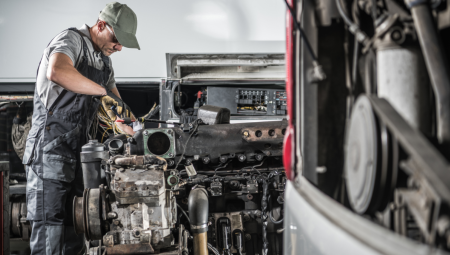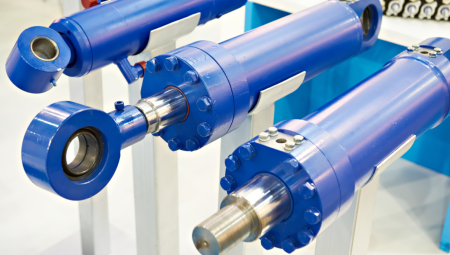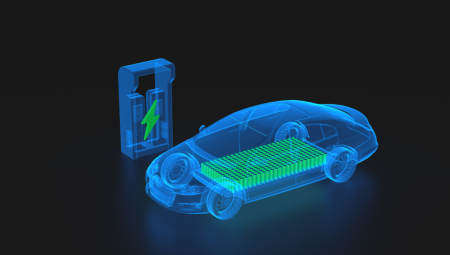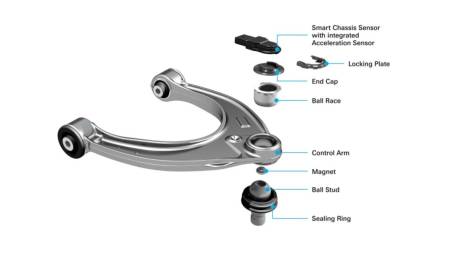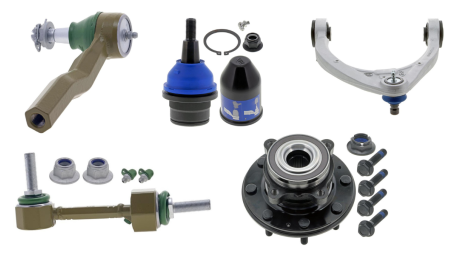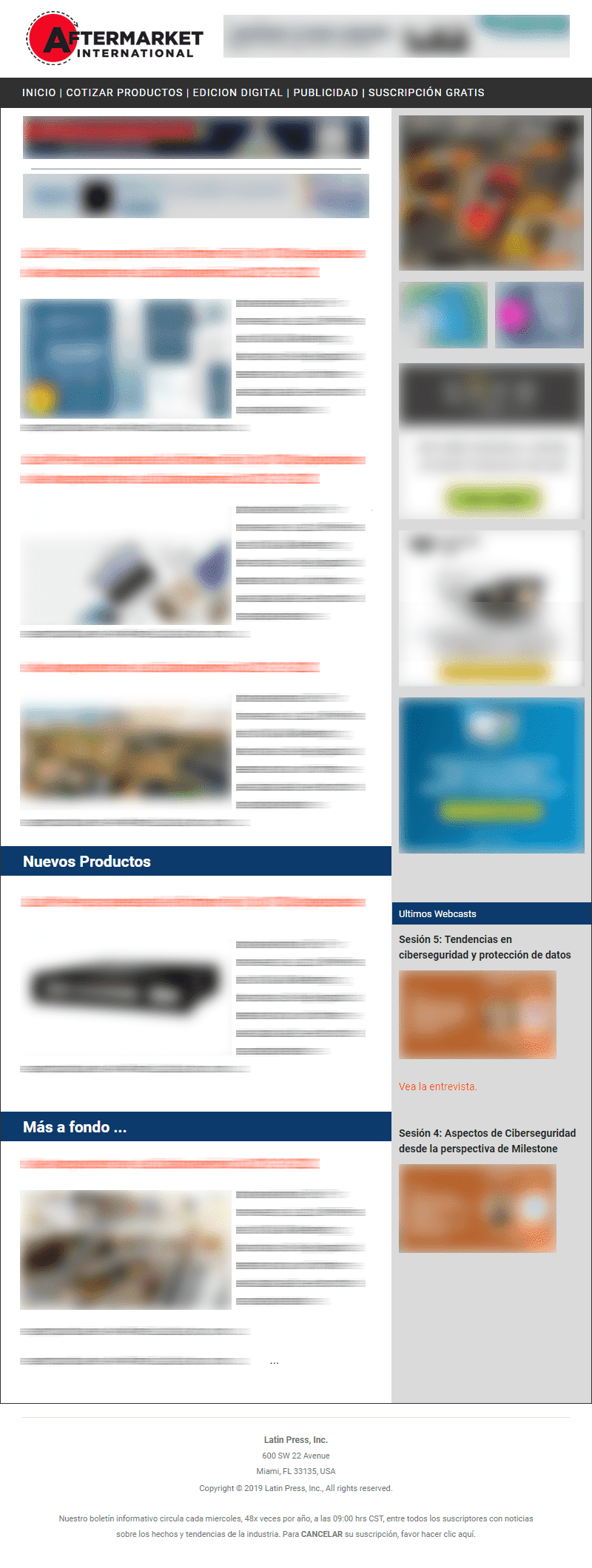United States. TERREPOWER, formerly known as BBB Industries, is consolidating its position as the world's largest sustainable manufacturer by volume, at a booming time for the multi-billion dollar automotive and industrial aftermarket.
In 2024, the company produced 17 million remanufactured units out of a total of 20 million, avoiding more than 160,000 metric tons of CO₂ thanks to its carbon-neutral business model.
"Traditional remanufacturing extends the life of automotive and industrial parts, while TERREPOWER's sustainable manufacturing processes also prioritize responsible sourcing, efficient waste management, a systematic approach to energy use, and resource conservation as part of our commitment to the environment," said Duncan Gillis, CEO of TERREPOWER.
In a global economic environment marked by uncertainty, TERREPOWER's scaled approach to sustainable manufacturing has enabled its clients to ensure operational continuity, economic stability, and risk mitigation. The trend toward nearshoring and onshoring, accelerated by changes in trade agreements and tariffs, also favors closer to the customer production with remanufactured components.
Today, the company has a presence in 90 countries and has more than 10,000 employees worldwide. Its expansion continues to be driven by the growing demand for high-quality, sustainable products. In this context, the recent appointment of Michael Boe as President of the European business unit, based in Zug, Switzerland, reinforces its international growth strategy.
" TERREPOWER's commitment to innovation and sustainability, coupled with its global growth strategy, makes this an incredible opportunity," said Michael Boe, President of the European Unit.
Founded in 1987, the company grew from a family-owned business in the southern United States to a global player in the circular economy. The name change to TERREPOWER, made at the beginning of 2025, reflects a deeper commitment to sustainability and innovation.
At the core of its value proposition is the meticulous remanufacturing of used or worn components, which allows it to offer products equivalent to or superior to OEM standards, at a significantly lower cost and without the environmental impacts associated with the extraction of raw materials.
TERREPOWER's transformation coincides with a global trend in which different industries are moving away from the linear model of production to embrace circular schemes. Regulatory pressure, environmental awareness and the search for efficiency drive this transition, in which cost savings and emission reductions are aligned with the interests of companies and consumers.
The rise of TERREPOWER takes place in a favourable context for the aftermarket. According to the Auto Care Factbook 2024, sales of the automotive aftermarket for light vehicles in the U.S. grew 5.7% to reach USD 413,700 million. By 2025, USD 435,000 million are projected, and the total market (including light, medium and heavy segments) is expected to exceed USD 664,000 million by 2028.
Beyond the automotive sector, remanufacturing is growing in industries such as aerospace, consumer, technology, locomotives, and heavy machinery. Among the factors driving its global expansion are the increase in the acceptance of this practice, inflation, aging equipment, the shortage of qualified technicians, new regulations on sustainability and pressure to reduce emissions.
The transition to electric vehicles also represents challenges and opportunities, especially in areas such as battery remanufacturing, which opens up new lines of business for players such as TERREPOWER.
In this scenario, remanufactured components become more attractive due to their profitability and their contribution to the resilience of supply chains. TERREPOWER presents itself as a reliable supplier, with sustainable solutions that not only meet environmental requirements, but also strengthen economic competitiveness.
With a diversified offer and growth projections in international markets, the company continues to position itself as a protagonist in the transition to a circular economy within the automotive and industrial sectors.



